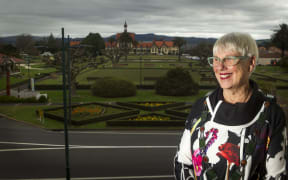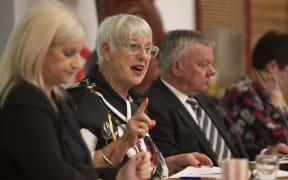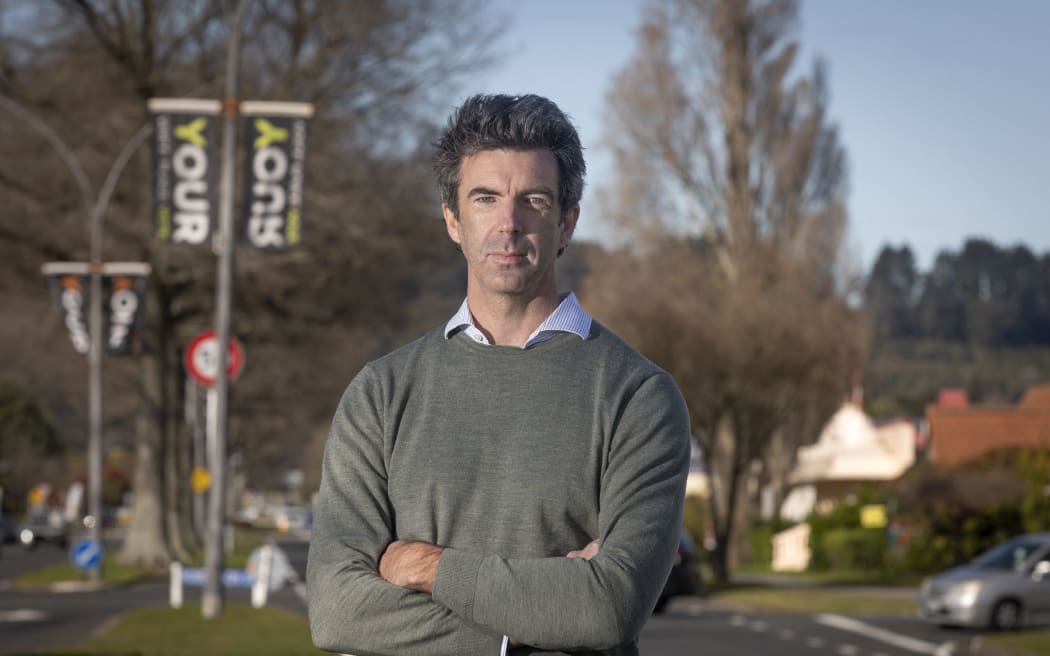
Rotorua mayoral candidate Ben Sandford. Photo: Andrew Warner / Rotorua Daily Post
Mayoral candidate Ben Sandford claims recently-released prisoners with "no ties" to Rotorua are being placed in the city's emergency housing motels.
But the Corrections Minister says there is no "pipeline" of ex-prisoners into Rotorua's motels, and the Ministry of Social Development says it does not "proactively" relocate ex-prisoners to the city.
The Corrections Department said most recently released prisoners returned home to family or made their own accommodation arrangements. As of July, it was managing 45 people in emergency housing in Rotorua.
Rotorua mayor Steve Chadwick said she had heard of the ex-prisoner placements "anecdotally" and the government needed to "take responsibility for getting all of its agencies on board" to improve the emergency housing situation.

Photo:
Speaking to Local Democracy Reporting on Wednesday, Sandford claimed he had been privately approached by police and Corrections staff "about the relocation of prisoners from around New Zealand, with no ties to Rotorua, to our emergency housing motels".
He said the staff members had "grave concerns around community safety and wellbeing".
Sandford called on Corrections to explain what had been happening and stop what he described as "the pipeline" it had allegedly created to Rotorua, saying it was "simply unacceptable".
In his view: "We don't need convicted criminals who have no connections other than possible criminal affiliations to our city.
"We also don't have the additional police to help manage this."
Sandford - a lawyer and former Olympian - claimed some recently-released prisoners with "high needs" had been placed in emergency accommodation that was "unsuitable and unable to meet their security needs.
"It's not fair on Rotorua, it's not fair to the other residents in emergency housing, and it's not fair on our residents who are living close to where they are being relocated."
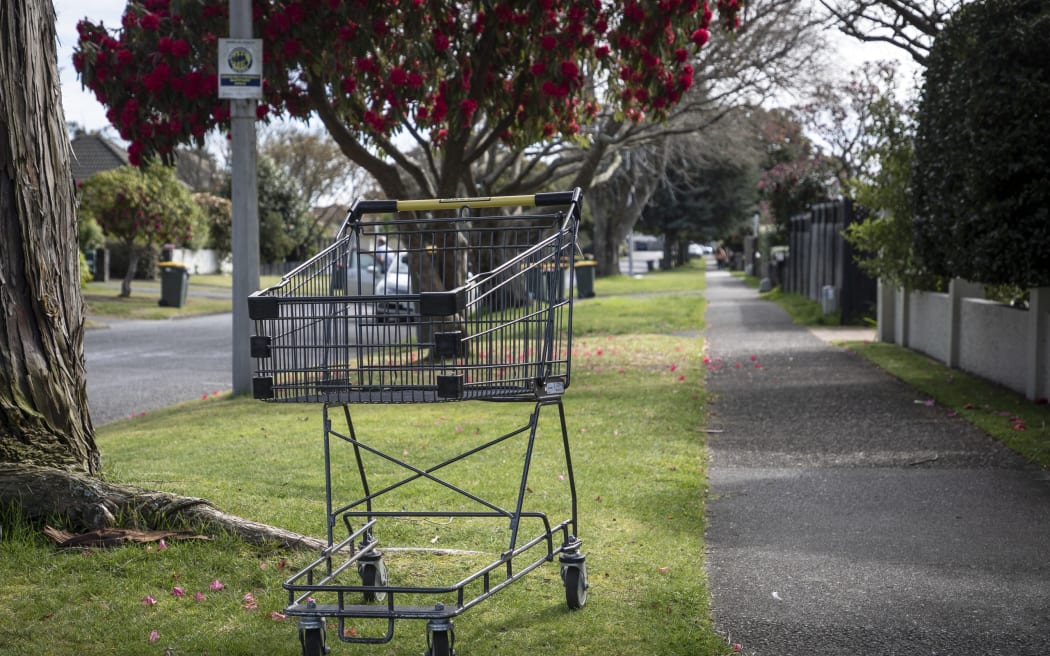
Lytton St, near motel emergency housing in Rotorua. Photo: Andrew Warner / Rotorua Daily Post
Sandford understood the situation arose due to a struggle to house ex-prisoners, and claimed they were being sent to Rotorua as there was "convenient" space in its motels.
He said if elected mayor he would "advocate as strongly as possible to get this stopped".
"A council under my watch will put community safety at the top of its list."
Mayor Steve Chadwick - who has 32 days left in the role - said the allegation was "very concerning" and she would raise it with the government.
She had heard similar allegations "anecdotally" and had raised concerns to government officials.
"We are doing all we can as a council but need the government to take responsibility for getting all of its agencies on board and working towards shared outcomes for our community."
"It's unacceptable for our already distressed community, especially given our repeated calls for a halt on people being sent to emergency housing in Rotorua from elsewhere."
She said all agencies needed to be at the table to make real and positive change, and to avoid unintended consequences where "someone pulls a lever that impacts elsewhere".
"It just feeds this perverse emergency housing market and we need it to stop."
She said there was good work happening aiming to improve the situation but, in her view, it was "undermined by system settings with no active oversight or screening".
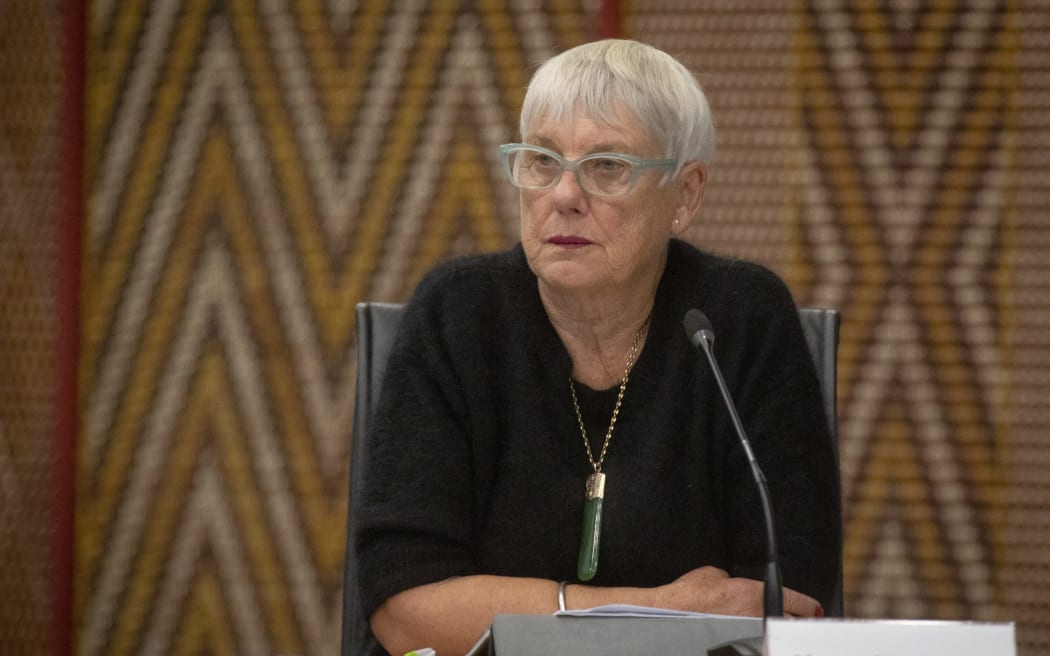
Rotorua mayor Steve Chadwick Photo: Andrew Warner / Rotorua Daily Post
Department of Corrections acting probation general manager Caroline Palmer said as at 21 July, there were 45 people in emergency accommodation in Rotorua in the management of Corrections.
Those people had been placed through Corrections' nationwide agreement with the Ministry of Social Development.
She said public safety was the "top priority" and no person would be permitted to reside at an address if risks "could not be safely managed" or public safety upheld.
Emergency accommodation at motels was used "as a last option" and as a temporary measure.
"The alternative is that these people would otherwise be homeless, which would present an unacceptable safety risk to communities.
She said most people released from prison could choose where to live, or had provided the New Zealand Parole Board with a release plan - including a proposed address - for consideration, prior to leaving prison.
"The vast majority of people return home to family or make their own arrangements about where to live."
Corrections was responsible for providing information to the Ministry to ensure it could "safely manage the person, approving the temporary alternative address, and maintaining a relationship with the accommodation provider as appropriate", she said.
"If we do approve a person to move to emergency accommodation, we then regularly review and reassess what the person's longer-term options are."
If a suitable long-term address was not identified, Corrections could apply to court to vary a sentence, Palmer said.
Ministry of Social Development Bay of Plenty commissioner Mike Bryant said it had a process with Corrections to "support people with emergency housing who have been released from prison and would otherwise be homeless".
"Rotorua is no different than any other part of the country in this respect."
He said the Ministry did not "proactively" move clients around the country or relocate them to Rotorua.
"We ask for a valid and clear reason before any emergency housing support is provided for people to relocate from outside of their region."
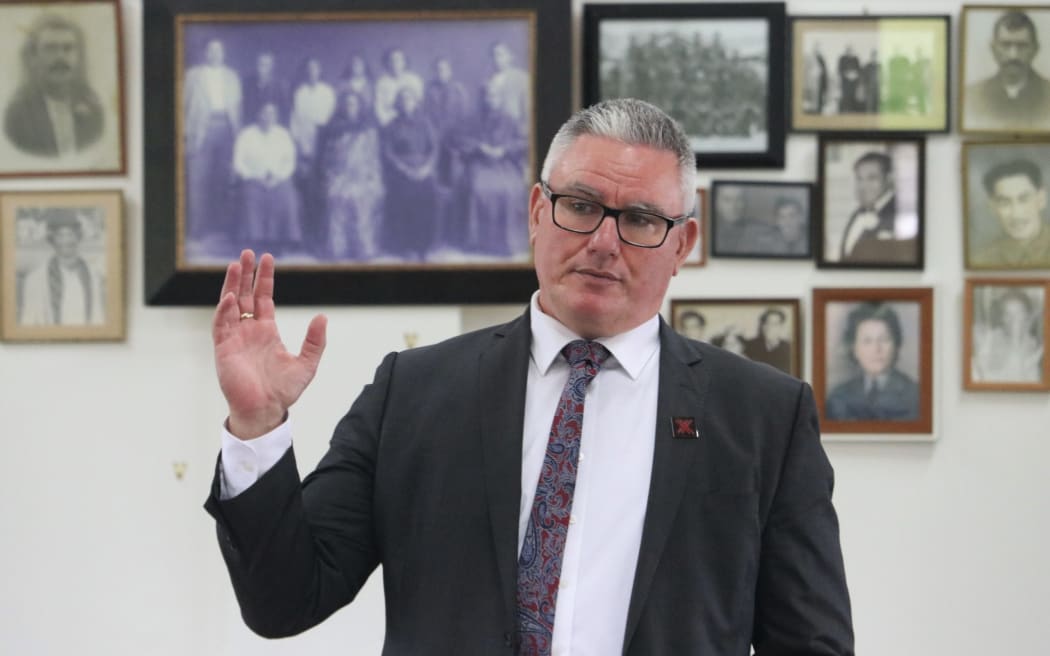
Corrections Minister Kelvin Davis. Photo: Peter de Graaf / Northern Advocate
Corrections Minister Kelvin Davis said he was not aware of the allegations until Wednesday and was "informed by Corrections there is no truth to them".
"It is a tough fact that sometimes these people have nowhere else to go and emergency accommodation is the difference between a bed and the street.
"No 'pipeline' has been created to funnel prisoners into Rotorua.
"Most people find their own place to live when released from prison. Some have to have their accommodation approved and most of that group end up with providers such as the Salvation Army."
He said MSD and Corrections always tried to place former prisoners in accommodation in their "desired location".
Corrections was asked how many ex-prisoners placed in emergency accommodation in the city had ties to Rotorua, how many had been recalled to prison, how long the practice had been happening, and when it began.
A spokesman said it was not possible to provide some data on Wednesday as it required manually checking individual files but would produce the information as soon as possible.
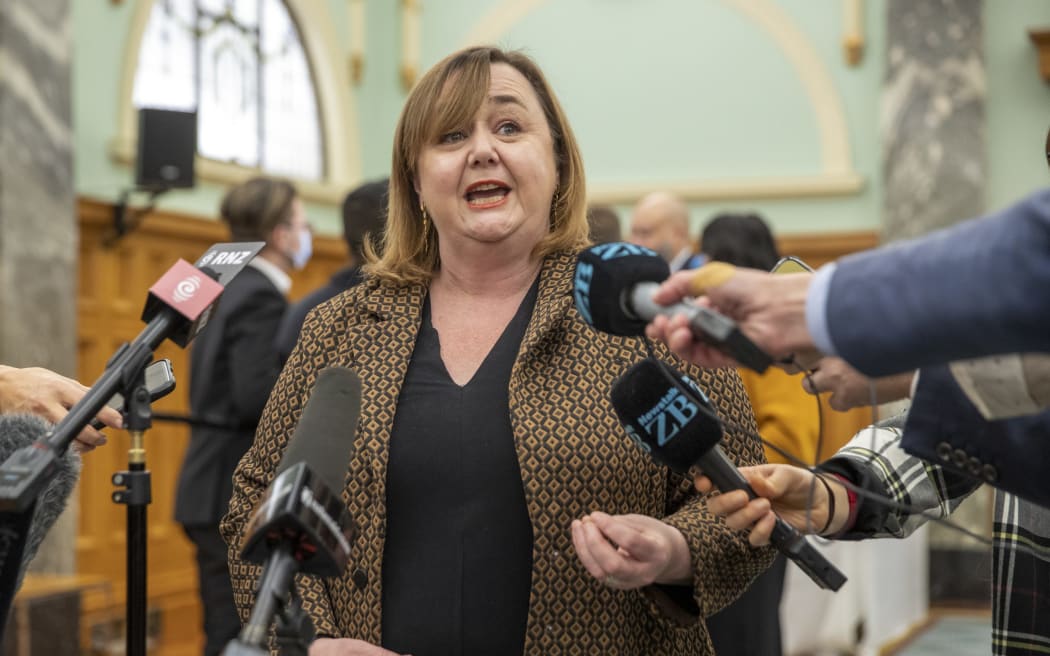
Housing Minister Megan Woods. Photo: Mark Mitchell / NZME
Police were asked if police were aware of what Sandford alleged and whether it was placing a strain on police resourcing.
The Ministry of Housing and Urban Development was asked if any recently released prisoners had been placed in its managed emergency housing motels.
Housing Minister Megan Woods was asked if she was aware of what Sandford alleged and, if so, for how long and what her view was.
A spokeswoman for Rotorua Lakes Council said the organisation did not wish to comment on an "election statement".
Local Democracy Reporting is Public Interest Journalism funded by NZ on Air
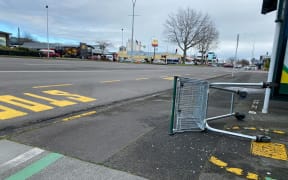
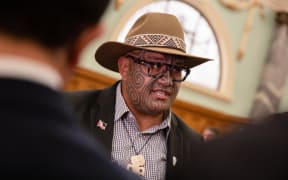
![Rotorua [single use only]](https://media.rnztools.nz/rnz/image/upload/s--7dbovZg2--/ar_16:10,c_fill,f_auto,g_auto,q_auto,w_288/v1660285390/4LN5KXG_A_091121aw10_1_scaled_jpg)
